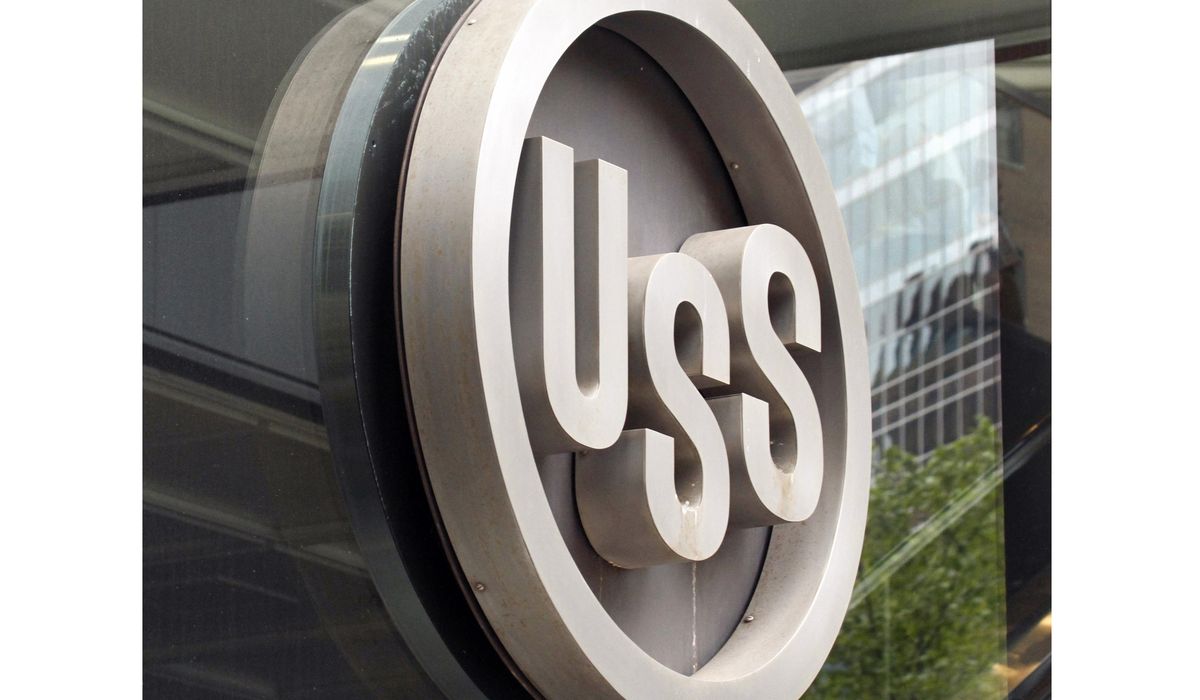


President-elect Donald Trump says U.S. Steel will thrive under his plan to impose tariffs on other nations, putting his imprint on the debate around whether a Japanese company should have acquired it.
Mr. Trump, posting Monday on Truth Social, said his push to tax imports from other countries would protect the domestic steel industry and make U.S. Steel profitable.
“Wouldn’t it be nice to have U.S. Steel, once the greatest company in the World, lead the charge toward greatness again? It can all happen very quickly!” Mr. Trump posted.
President Biden recently rejected Nippon Steel’s nearly $15 billion bid to acquire U.S. Steel. He said the steel industry must remain in U.S. hands for national security reasons.
The White House said the decision had nothing to do with Japan, a key ally, though Nippon Steel and shareholders accused Mr. Biden of making the decision for political reasons.
On Monday, Nippon Steel filed a lawsuit in federal court saying the decision violated their due process.
Both Mr. Biden and Mr. Trump felt that U.S. Steel should remain in American hands, a nod to blue-collar workers and voters in Pennsylvania and other states.
Still, it is unclear whether the iconic company, founded in 1901, will be able to regain its past glory. Its financial fortunes and workforce have dwindled.
Nippon Steel, the fourth-largest steelmaker in the world, said the deal was critical to its company’s growth and would be a win for workers in the Rust Belt.
Mr. Trump says his tariff plan will take care of it.
Tariffs are a form of tax or duty paid on imports. Mr. Trump says tariffs are a great way to force companies to return to America or keep their operations in the U.S., employ American workers and create revenue to fund domestic programs.
The U.S. relied on tariffs as a primary source of government revenue until the federal income tax was imposed in the early 20th century.
“Why would they want to sell U.S. Steel now when Tariffs will make it a much more profitable and valuable company?” Mr. Trump wrote Monday.
Some economists say tariffs aren’t a cure-all and have clear downsides.
While tariffs hurt foreign countries by making their products more expensive and harder to sell in the U.S., foreign countries don’t pay the tariffs directly to the U.S. Treasury. Companies pay the levies and often pass at least some of the cost to consumers through higher prices.
Also Monday, Mr. Trump took exception to a story in The Washington Post that said his administration would no longer impose a sweeping tariff on all imports and only target sectors critical to national security — for instance, products within the defense and medical supply chains.
“That is wrong,” Mr. Trump wrote about the report.
• Tom Howell Jr. can be reached at thowell@washingtontimes.com.
